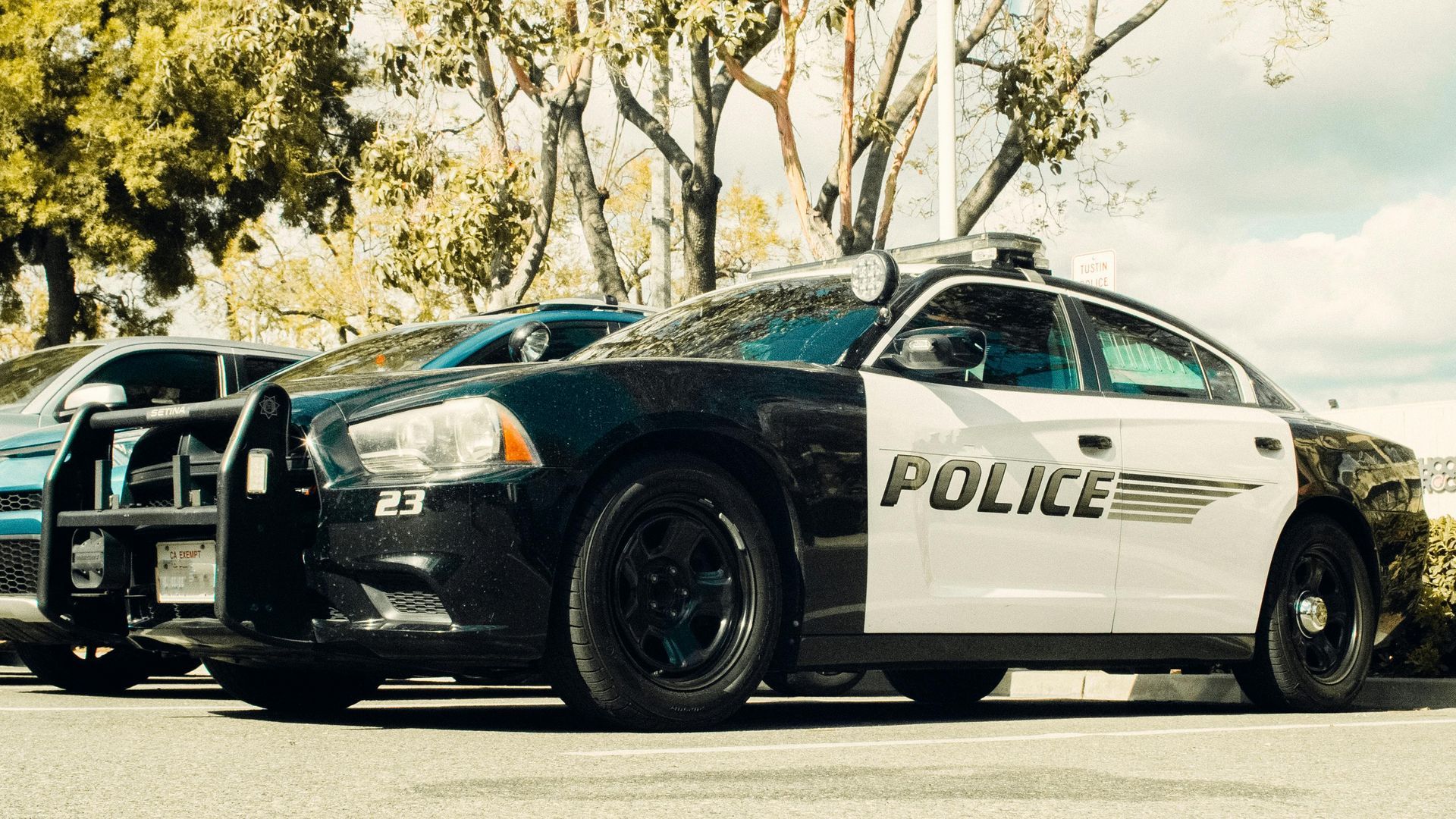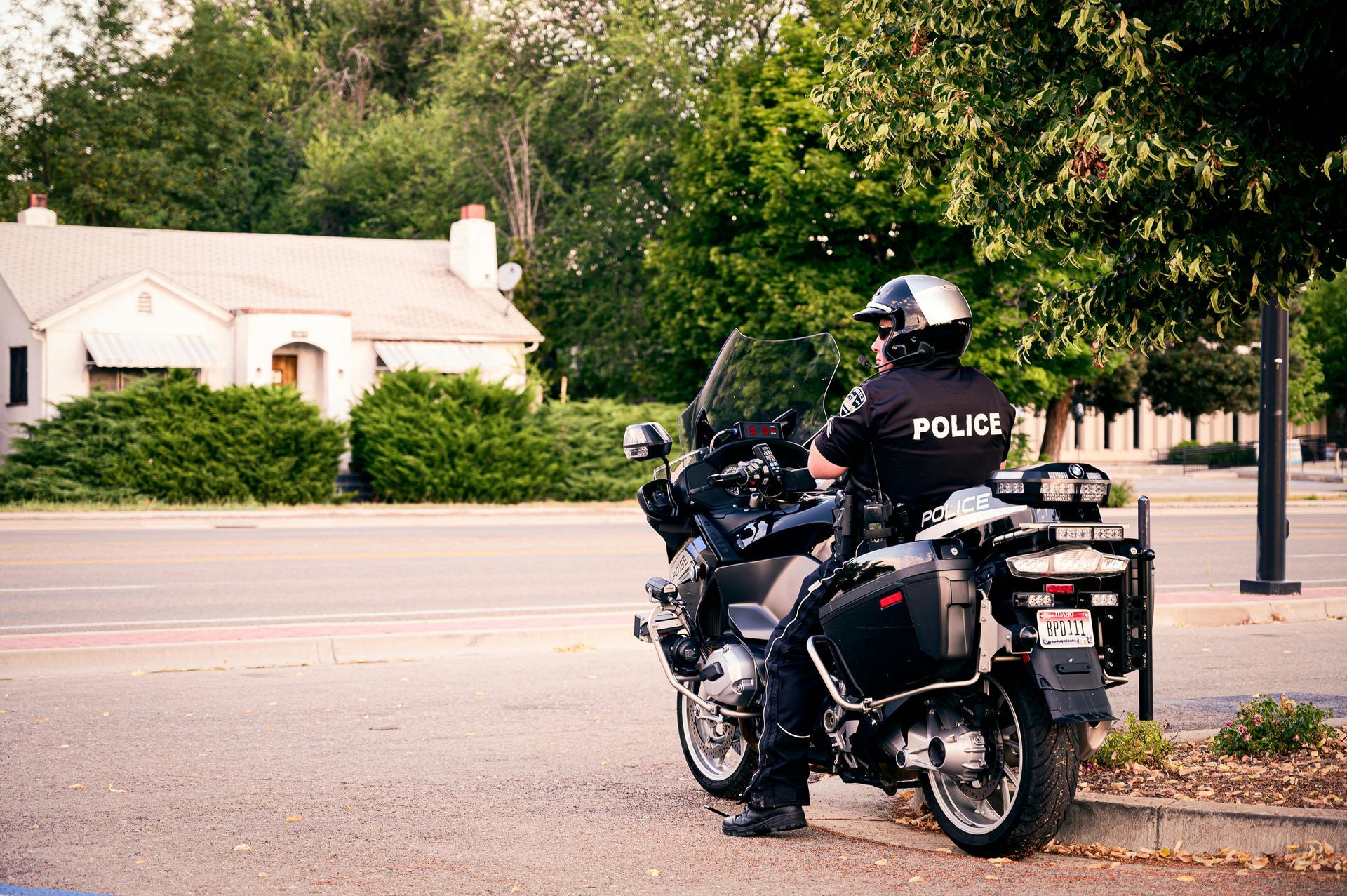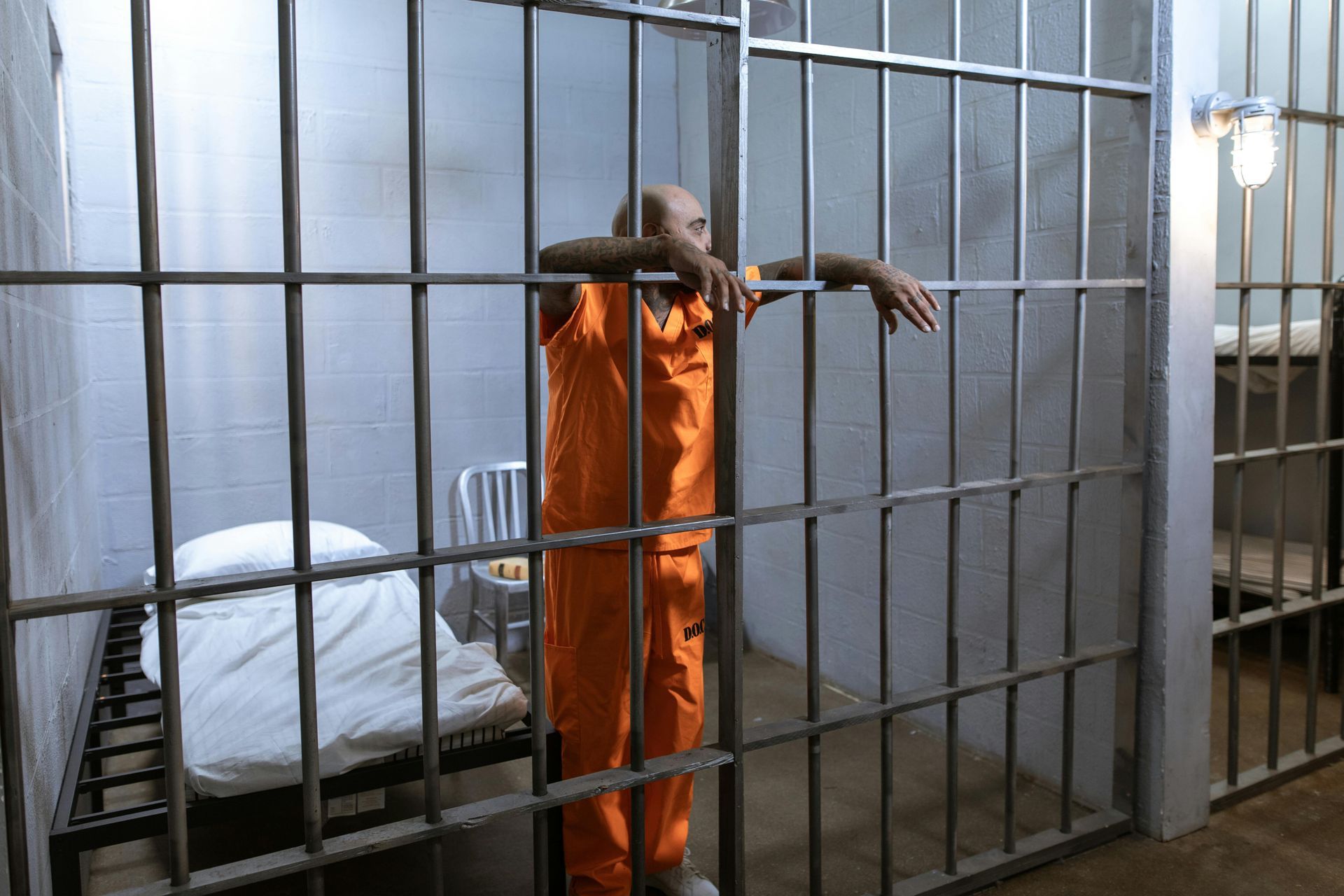Consequences of Being Convicted on Gun Charges in California
Consequences of Being Convicted on Gun Charges in California
California is known for its strict gun laws, which regulate firearm possession, use, and transfer. Being convicted on gun-related charges in California can have significant consequences, both legal and personal. If you are facing such charges in San Diego, it’s essential to understand what’s at stake and how to protect your rights.
At Email My Lawyer, we assist the San Diego public with criminal defense matters, including firearm-related cases.
Common Gun-Related Charges in California
California’s gun laws cover a wide range of violations, including:
- Unlawful Possession of a Firearm: Possession of a firearm without a valid permit or by someone prohibited from owning one (e.g., a convicted felon).
- Carrying a Concealed Firearm Without a Permit: Carrying a concealed weapon without a valid concealed carry license is illegal.
- Possession of an Assault Weapon: Ownership of certain assault weapons is banned in California.
- Illegal Sale or Transfer of Firearms: Transferring a firearm without a background check or violating dealer regulations.
- Brandishing a Firearm: Displaying a weapon in a threatening manner.
- Use of a Firearm in a Crime: Using a gun during the commission of a crime can lead to additional charges and enhanced penalties.
Legal Consequences of Gun Convictions in California
The penalties for gun convictions in California vary based on the specific charge, the circumstances of the offense, and the defendant’s criminal history.
Misdemeanor Gun Offenses
For less severe offenses, such as carrying a concealed firearm without a permit, the consequences may include:
- Up to one year in county jail
- Fines up to $1,000
- Probation
Felony Gun Offenses
More serious gun charges, such as illegal possession by a felon or using a firearm in a violent crime, are often classified as felonies. Consequences can include:
- State prison sentences ranging from two to ten years or more
- Fines up to $10,000
- Loss of gun ownership rights for life
Sentence Enhancements
California has stringent sentencing enhancements for crimes involving firearms. For instance, under Penal Code 12022.5, using a gun during the commission of a felony can add up to ten years to your sentence. The “10-20-Life” law imposes mandatory minimums for firing a gun or causing injury during a crime.
Collateral Consequences of a Gun Conviction
Beyond the immediate legal penalties, a gun conviction can have long-lasting effects on your life:
- Employment: Many employers are reluctant to hire individuals with criminal records, especially gun-related offenses.
- Housing: A conviction may make it more difficult to secure housing due to background checks.
- Immigration Status: For non-citizens, a gun conviction could lead to deportation or affect immigration applications.
- Loss of Firearm Rights: Convicted felons and individuals with certain misdemeanor gun convictions may lose the right to own or possess firearms permanently.
How Email My Lawyer Can Help
If you are facing gun-related charges in California, the stakes are high. At Email My Lawyer, we understand the complexities of California’s firearm laws and offer skilled legal representation to the San Diego public.
Here’s how we can assist:
- Conduct a thorough review of the evidence to identify weaknesses in the prosecution’s case.
- Protect your rights by ensuring proper procedures were followed during your arrest and investigation.
- Advocate for reduced charges, alternative sentencing options, or case dismissal when possible.
- Provide aggressive defense strategies tailored to your specific circumstances.
Protect Your Future—Contact Us Today
A gun conviction in California can change your life forever, but you don’t have to face it alone. At Email My Lawyer, we are committed to defending your rights and pursuing the best possible outcome for your case.
Contact us today for a confidential consultation, and let us help you navigate the complexities of California’s firearm laws.










